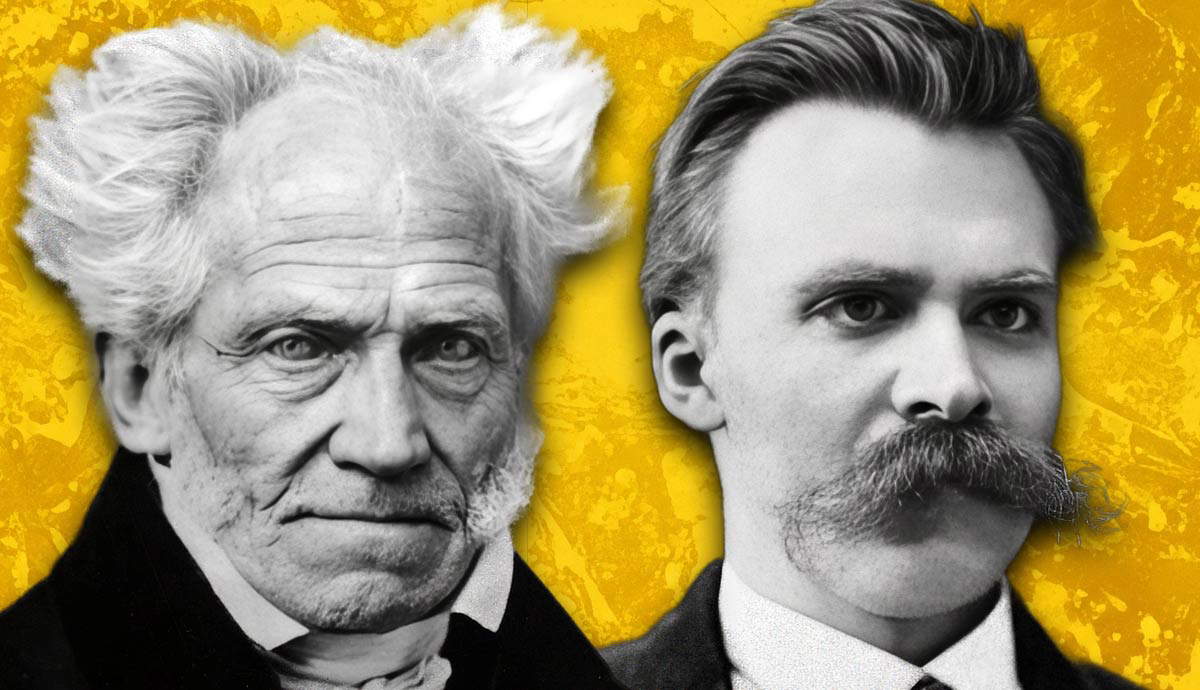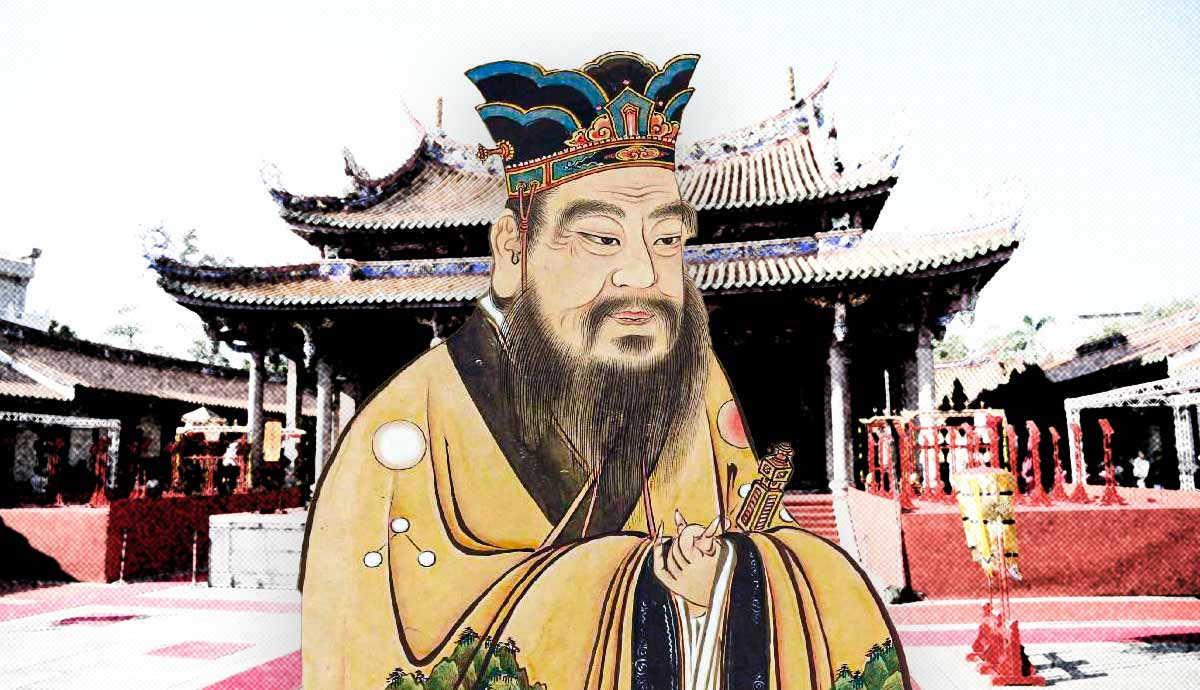
Voltaire, an influential Enlightenment philosopher and writer from France, gained fame for his wit, daring attacks on th4e elite and institutions, and defense of reason and autonomy. His positions ranged from advocating for fairer treatment of religions and political systems to promoting scientific inquiry and skepticism about accepted truths. By studying Voltaire’s writing and philosophy, we can understand why he continues to be so important in modern thought and how he helped spur people to use rationality to achieve greater liberty and push society ahead intellectually.
Who Was Voltaire?

François-Marie Arouet (1694-1778), known by his pen name Voltaire, was an Enlightenment philosopher and writer from France. He criticized Christianity, especially the Catholic Church, supported free speech, and believed in the separation of church and state. He also advocated for individual rights, such as freedom.
Two of his most famous works are Candide—which attacks optimistic ideas about human nature—and The Age of Louis XIV, which examines the rule of France’s Sun King.
Voltaire got himself into trouble with his writing fairly often. He was imprisoned at the Bastille prison because French authorities were annoyed by him, and he spent time living in England as a voluntary exile.
While there, he absorbed English ideas about philosophy (including those from John Locke and Isaac Newton) very deeply. These influences stayed with him for the rest of his life, and he vigorously promoted empirical methods.
Voltaire was a highly prolific writer, engaging with almost every form the written word can take: plays, poems, novels, essays, scientific inquiry, and historical investigation. Throughout his works, he explored the structures of society itself, often advocating change.
His use of satire to expose institutions or challenge received ideas, and his deployment of intelligent arguments that stand up to scrutiny contributed not only to making him one of the central figures of the French Enlightenment movement but also to making him someone who mattered when it came to politics and how societies function.
The influence of what he did can still be felt today: modern liberal democracies place similar values at their heart. Topics such as human rights, freedom of expression, and basing policy on evidence are still very much up for discussion—all things Voltaire cared deeply about.
Rationalism and Critique of Dogma

Voltaire believed reason was crucial and used it to critique most institutions, especially religion and government. He thought people unquestioningly following old ways were holding back progress, whether they realized it or not. In fact, one of his Enlightenment ideals was that society could get better if humans tried hard enough using only science and reason.
The philosopher did not like the Catholic Church or kings with absolute power (like France’s Louis XIV or Louis XVI). He said obeying everything priests or monarchs said without thinking stifled individuals’ ability to come up with new ideas, making life boring for everyone.
Often called a troublemaker, Voltaire liked challenging lots of things in writing. By doing so, he wanted readers to doubt everything for themselves instead of just going along with what they’d always been taught or told to do.
In his work Candide, Voltaire uses satire to highlight the shortcomings of a popular philosophical idea during that era: optimistic determinism. Instead, he argues for practical rationalism, acknowledging that life is complex.
In Letters on England, he speaks approvingly of British constitutional monarchy and religious tolerance compared with French absolutism and church control – again making a case for basing decisions on evidence and logic.
However, Voltaire was not simply academic when he appealed to reason. It was also intended as a wake-up call. He wished society would use its own intellect to question things rather than make choices out of habit or because somebody in charge said so.
This side of his thinking has remained an important basis for modern critical thought and democratic discussion.
Advocacy for Freedom of Thought and Expression

Voltaire was a crucial influence on civil liberties, including freedom of speech. Though he never actually wrote the words “I disapprove of what you say, but I will defend to the death your right to say it,” this sentiment—expressed by biographer Evelyn Beatrice Hall—sums up Voltaire’s position well.
He passionately believed that being able to speak one’s mind lay at the heart of any society calling itself free or desiring progress. Voltaire repeatedly defended the principle behind free expression throughout his letters and essays.
In Treatise on Tolerance, for example, he called for religious freedom while criticizing both church and state for their unjust treatment of individuals.
His passionate belief in freedom of thought is also evident in his reaction to the case of Jean Calas—who had been executed in 1762 after being found guilty of murdering his son to prevent him from converting to Catholicism. Voltaire intervened in print several times over several years. His writings helped prove Calas innocent after his death.
These were not just words, though. They had real-world consequences. Voltaire’s interventions helped draw attention to miscarriages of justice, leading to criminal law reforms and a greater acceptance of religious diversity in France.
In other words, he wasn’t just talking about freedom of speech—he lived it and showed that it could make a difference.
Criticism of Intolerance and Fanaticism

Voltaire’s writing consistently condemns intolerance and religious extremism. Having himself been persecuted by both religious and political systems—he spent time in the Bastille prison—he was inspired to fight closed-mindedness wherever he saw it.
In his works, Voltaire calls for a rational society that embraces different beliefs instead of punishing those who think differently from everyone else. One of these calls is again in an essay called Treatise on Tolerance. Breaking down the Calas case, Voltaire shows us how bias and fanaticism don’t just mean individual acts of unfairness but can harm whole societies.
The same criticisms can be found in the Philosophical Dictionary, which condemns superstition—an excessive respect for religious matters—and warns about the dangers posed by people who take their beliefs too far.
Voltaire’s ideas were very influential, so much so that they helped shape modern societies without God (secular means “of this world” only). Many Enlightenment thinkers agreed with his arguments, calling for fairness and logic. This would later be used to design new countries! A fair legal system plus no state religion has been described as “Voltairean.”
By criticising fanaticism nonstop and campaigning against all-powerful churches, Voltaire encouraged Europeans to think about things differently. Instead of being told what to do by priests, they began asking questions for themselves (though not always politely). Today, when we talk about equal rights or personal freedom, we are using his language—even if we don’t realise it!
Empiricism and the Search for Knowledge

Voltaire also believed in empiricism, the idea that knowledge comes mainly from sensory experience. This influenced how he thought about the world: he preferred using observation and experience rather than just thinking abstractly. In his Letters on the English, Voltaire showed he was an empiricist by praising scientists who used this approach, such as Isaac Newton.
Other Enlightenment thinkers, including John Locke, also agreed with empiricism. Locke said people’s minds are like blank slates when they’re born, and experiences written on them.
While Voltaire shared this view with Locke, he went further. His satirical works often expressed doubts about things (such as religious claims) for which there might not be enough empirical evidence—ideas we can test scientifically.
Voltaire was a key figure in spreading scientific understanding. By writing extensively, he explained complex ideas in ways that more people could grasp.
In his work Elements of Newton’s Philosophy, for example, he took Newton’s theories and made them less intimidating by illustrating them using clear examples anyone could understand – even without a scientific education. At a time when metaphysical speculation and religious dogma still held sway, this book played an important part in popularizing the empirical sciences.
By endorsing empiricism, Voltaire helped move forward the Enlightenment’s search for knowledge based on evidence you can see or experience rather than tradition or faith alone. He championed using reason to learn and comprehend things.
Behind all his writing lies not just sharp thinking about human life but also advocacy for questioning received wisdom through looking at proof itself.
Voltaire’s Legacy in Modern Thought

Voltaire remains an influential figure today, with his ideas deeply ingrained in Western culture. One area where this is evident is in debates on civil liberties: he was a staunch advocate of freedom of speech who frequently spoke out against censorship.
In the age of social media and online echo chambers, discussions about what limits should be placed on expression remain both alive and important—but so too does the 18th-century French philosopher’s belief in the principle itself.
Many secularist thinkers also draw on Voltairean arguments when discussing the separation of church and state. They believe public institutions should remain neutral and treat all beliefs even-handedly.
Meanwhile, his opposition to dogma and call for tolerance can be seen in ongoing discussions about religious extremism—how best to combat it without infringing upon liberal principles—as well as conversations around how pluralistic societies can or should be.
Voltaire’s influence can also be seen in education, where his emphasis on empiricism promotes the use of evidence-based reasoning—a cornerstone of the scientific method that is essential in an age rife with misinformation. His works encourage efforts to combat prejudice and foster rational conversation built upon equality and empathy.
So, What Was Voltaire’s Philosophy in Simple Terms?

Voltaire believed in using logic and reason intelligently, strongly criticizing unfounded beliefs, and upholding the right to think and speak freely. He was against unfairness and excessive religious behavior – ideas that influenced society as it moved towards proof-based study without a spiritual agenda.
Voltaire used humor and enthusiasm to support his views. He was standing up for personal freedom even when challenging those in power. His writing continues to be important in discussions about fair treatment. We still quote him during conversations about censorship or unequal rights!
We can’t just think of Voltaire as someone with theories. He helped bring about change by inspiring people to demand their own rights. Today, we enjoy many freedoms because of what he said back then.
With so much happening online every second—and anyone being able to say anything—the world needs his advice about how to stay level-headed while maintaining the right to their thoughts, conversations, reading, and everything else!










